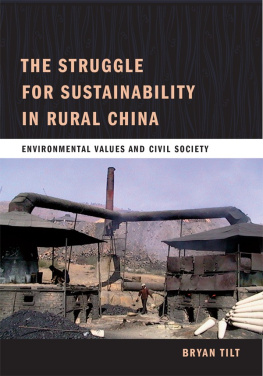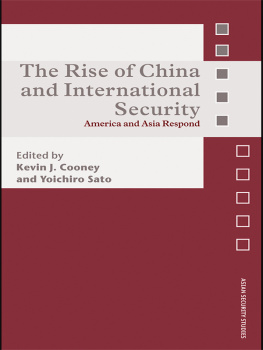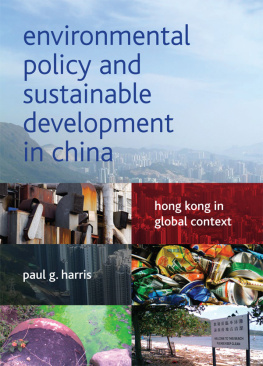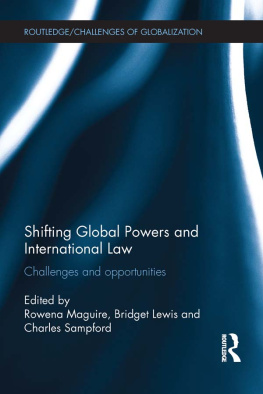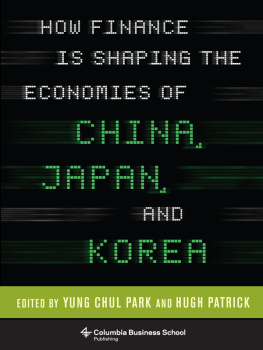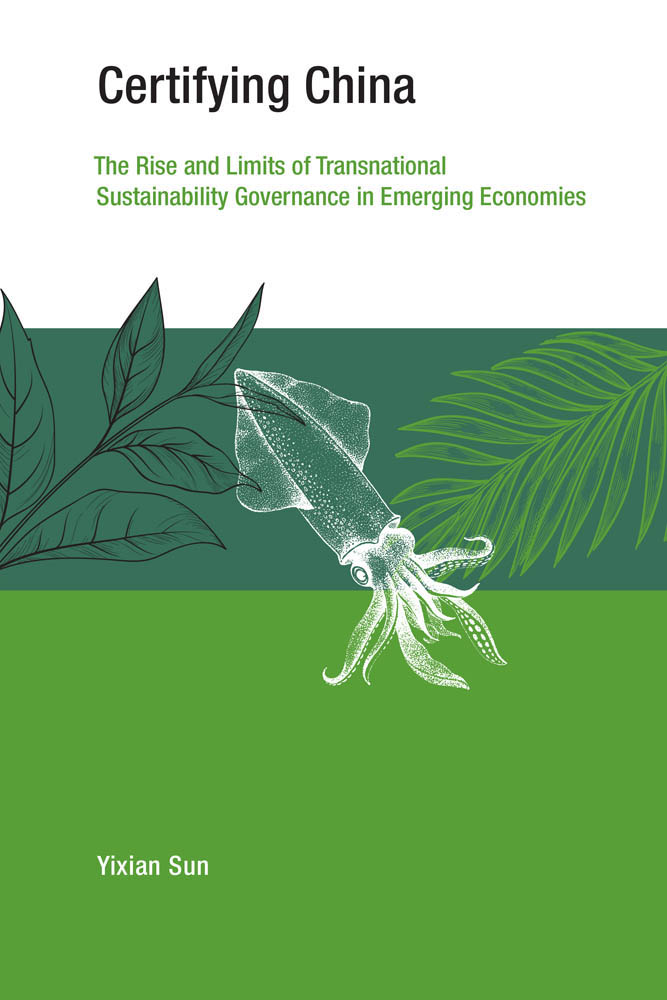Yixian Sun - Certifying China: The Rise and Limits of Transnational Sustainability Governance in Emerging Economies
Here you can read online Yixian Sun - Certifying China: The Rise and Limits of Transnational Sustainability Governance in Emerging Economies full text of the book (entire story) in english for free. Download pdf and epub, get meaning, cover and reviews about this ebook. year: 2022, publisher: MIT Press, genre: Politics. Description of the work, (preface) as well as reviews are available. Best literature library LitArk.com created for fans of good reading and offers a wide selection of genres:
Romance novel
Science fiction
Adventure
Detective
Science
History
Home and family
Prose
Art
Politics
Computer
Non-fiction
Religion
Business
Children
Humor
Choose a favorite category and find really read worthwhile books. Enjoy immersion in the world of imagination, feel the emotions of the characters or learn something new for yourself, make an fascinating discovery.

- Book:Certifying China: The Rise and Limits of Transnational Sustainability Governance in Emerging Economies
- Author:
- Publisher:MIT Press
- Genre:
- Year:2022
- Rating:4 / 5
- Favourites:Add to favourites
- Your mark:
Certifying China: The Rise and Limits of Transnational Sustainability Governance in Emerging Economies: summary, description and annotation
We offer to read an annotation, description, summary or preface (depends on what the author of the book "Certifying China: The Rise and Limits of Transnational Sustainability Governance in Emerging Economies" wrote himself). If you haven't found the necessary information about the book — write in the comments, we will try to find it.
China has long prioritized economic growth over environmental protection. But in recent years, the country has become a global leader in the fight to save the planet by promoting clean energy, cutting air and water pollution, and developing a system of green finance. In Certifying China, Yixian Sun explores the potential and limits of transnational eco-certification in moving the worlds most populous country toward sustainable consumption and production. He identifies the forces that drive companies from three sectorsseafood, palm oil, and teato embrace eco-certification. The success of eco-certification, he says, will depend on the extent to which it wins the support of domestic actors in fast-growing emerging economies.
The assumption of eco-certification is that demand along the supply chain can drive businesses to adopt good practices for social, environmental, and economic sustainability by specifying rules for production, third-party verification, and product labeling. Through case studies drawn from extensive fieldwork and mixed methods, Sun traces the processes by which certification programs originating from the Global North were introduced in China and gradually gained traction. He finds that the rise of eco-certification in the Chinese market is mainly driven by state actors, including government-sponsored industry associations, who seek benefits of transnational governance for their own development goals. The book challenges the conventional wisdom that the Chinese state has little interest in supporting transnational governance, offering novel insights into the interaction between state and non-state actors in earth system governance in emerging economies.
Yixian Sun: author's other books
Who wrote Certifying China: The Rise and Limits of Transnational Sustainability Governance in Emerging Economies? Find out the surname, the name of the author of the book and a list of all author's works by series.

